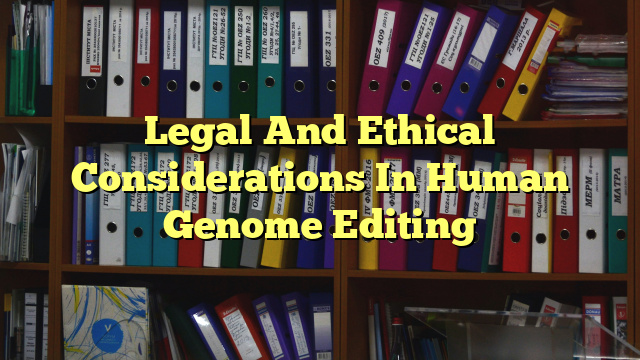Table of Contents
- Ethical Concerns and Considerations
- Laws for Human Genome Editing
- Ethical Issues of Human Genome Project
- Main Ethical Concern about Altering Human DNA
Ethical Concerns and Considerations
Human genome editing raises a myriad of ethical concerns and considerations. One of the primary concerns is the potential for unintended consequences. Altering the human genome could have unforeseen effects on future generations, leading to genetic mutations or other harmful outcomes. There is also the issue of equity and access, as genome editing technologies may only be available to those who can afford them, creating disparities in society.
Laws for Human Genome Editing
The legal landscape surrounding human genome editing is still evolving. Many countries have regulations in place that govern the use of genome editing technologies in humans. These laws often focus on ensuring the safety and efficacy of the technologies, as well as addressing ethical concerns such as consent and equity. In some jurisdictions, certain types of genome editing may be prohibited altogether.
Ethical Issues of Human Genome Project
The Human Genome Project, which aimed to map and sequence the entire human genome, also raised ethical issues. One of the main concerns was the potential for misuse of genetic information. There were fears that genetic data could be used for discriminatory purposes, such as denying individuals access to healthcare or employment based on their genetic predispositions. Privacy was another major ethical issue, as the project involved collecting and storing vast amounts of personal genetic information.
Main Ethical Concern about Altering Human DNA
The main ethical concern about altering human DNA is the potential for unintended consequences. Changing the genetic code of an individual could have far-reaching effects on their health and well-being, as well as on future generations. There is also the issue of consent, as individuals may not fully understand the risks and implications of genome editing technologies. Additionally, there are concerns about the societal impact of genetic modifications, such as the creation of designer babies or the exacerbation of existing inequalities.

